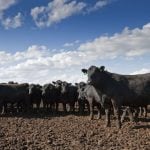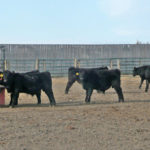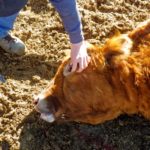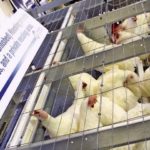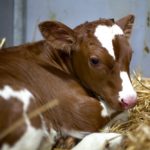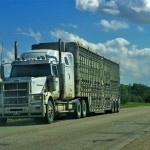A number of times over the years I have been asked the question “do cattle feel pain the same way we do?” To answer the question, it’s important to understand a little bit about pain physiology. When a pain stimulus is administered to an animal (for example, you pinch the claw on the hind leg […] Read more


